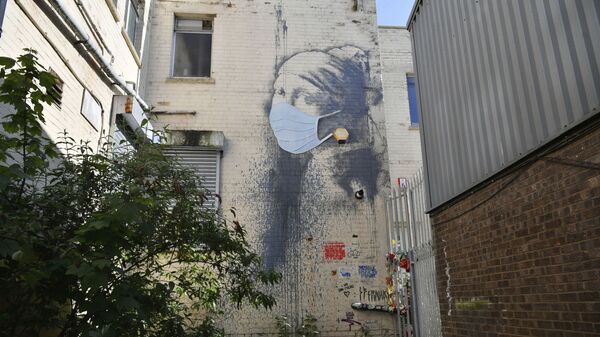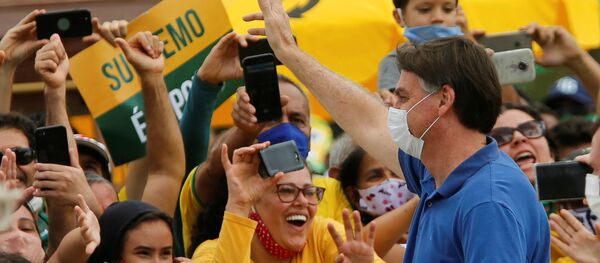Elspeth Tilley; Associate Professor of English at Massey University, New Zealand, gave her views on the matter…
Sputnik: How would you describe social distancing consent?
Elspeth Tilley: Consent is something that everybody deserves, it’s a practical thing that we can think about in relation to social distancing, so it’s the idea that we can’t go inside somebody’s recommended government social distance without their consent, so without them agreeing to it.
When we’re out and about in New Zealand; where I am, the government wants us to maintain a distance of two metres apart, so if we were observing consent, we wouldn’t go inside somebody’s two metres without their permission.
Sputnik: Can you foresee any problems with social distancing consent?
Elspeth Tilley: I think that people are thinking about social distancing in terms of trying to evaluate the medical risk, so people are really keen to get back on with normal life, and it would be lovely if we could all stop feeling really anxious about COVID-19, but we don’t know the answers to medical risk because there is a lag, so we don’t know what the risk will be, as we are at least two weeks away from the latest statistics.
It’s different for different people; some people might be vulnerable, they might be living with a medical condition, they might be living with a new-born baby, or an older person, and we can’t tell that.
Consent is something that we can be sure about. If we make sure that we give other people the two metres; we can see that distance, and we can control that, and it’s much easier to make a decision on that basis, rather than try to worry about what the risk is, when we don’t really know.
Sputnik: Do you think it would need to presume that others are vulnerable?
If we think “ that person has a right, and I’m not going to go inside that right, unless they are a member of my family, and we’ve had this conversation, and they’ve agreed it, and said come over, have a coffee, or a hug”, that’s fine, there is consent there.
People are getting quite distressed in supermarkets and on public transport, and in those kinds of situations where you are dealing with strangers, so you haven’t been able to have that conversation and find out how comfortable they are feeling about their distance, you can do the right thing and feel good about yourself, if you just automatically assume that everybody is vulnerable and that you are going to give them that distance.


